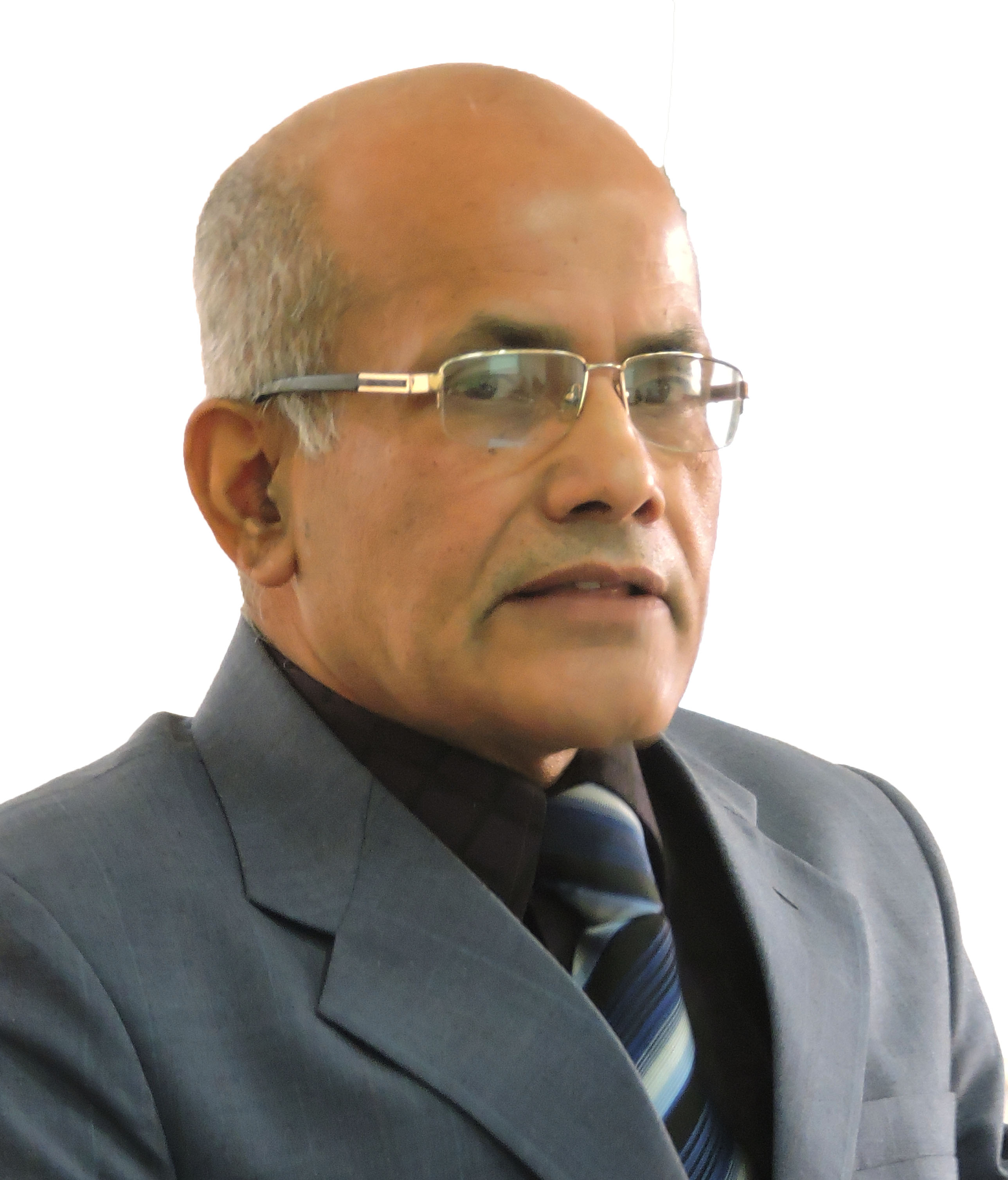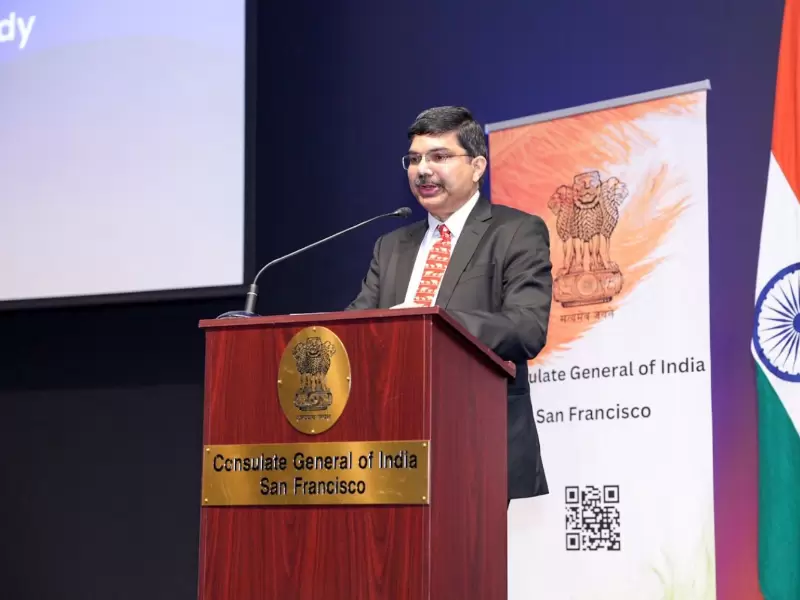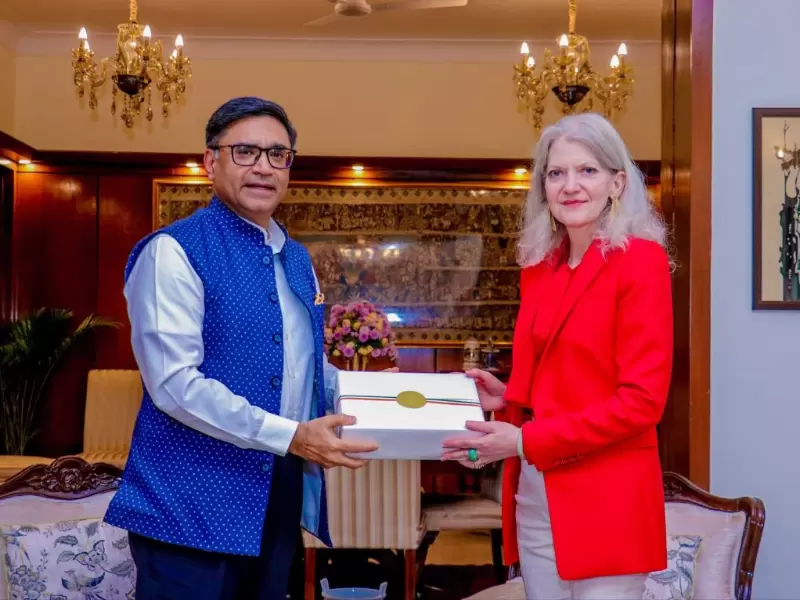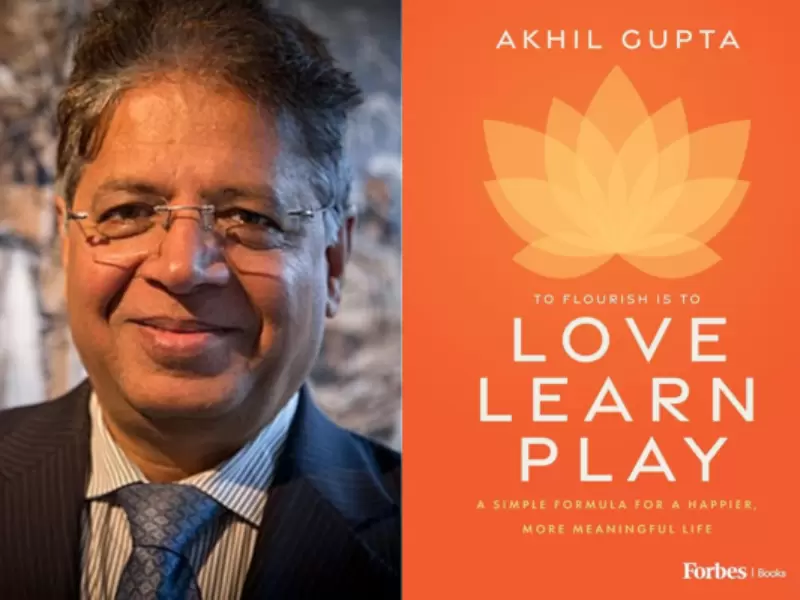Janaki Mandir: To be a Beacon of Sita’s Grace in America
The concept of Janaki Mandir in the United States emerges—not merely as a temple but as a vibrant center for spirituality, culture, and education.
 Representative Image / Pexels
Representative Image / Pexels
Hinduism’s ancient narratives weave a rich moral fabric that has guided humanity for centuries, with Goddess Sita—known as Janaki, the cherished daughter of King Janak of Mithila—standing as a luminous figure. She embodies pristine purity, steadfast resilience, profound compassion, and unwavering devotion, representing the pinnacle of virtuous womanhood. Alongside Lord Ram, she exemplifies righteousness, familial harmony, and ethical balance, principles that have shaped civilizations across ages. The epic Ramayana, crafted by sage Valmiki, preserves their divine journey, offering a timeless compass for principled living. In an era marked by dwindling values, growing disconnection, and societal rifts, the teachings of Sita and Ram radiate as a beacon of integrity, kindness, and restraint. Their story transcends religious, geographic, and cultural boundaries, resonating universally. Inspired by this vision, the concept of Janaki Mandir in the United States emerges—not merely as a temple but as a vibrant center for spirituality, culture, and education, dedicated to rekindling the eternal ideals of Sita and Ram while fostering inner peace, moral strength, and communal unity in today’s world.
Janaki Mandir aspires to be a global emblem of devotion, wisdom, and serenity, radiating the sacred virtues of Goddess Janaki and Lord Ram. It aims to inspire individuals and communities to embrace lives rooted in truth, empathy, discipline, and service, cultivating lasting harmony within families, neighborhoods, and nations.
The temple’s mission is to spread the perennial wisdom of Sanatan Dharma as reflected in the lives of Sita and Ram, fostering a worldwide fellowship grounded in integrity, selflessness, and mutual respect. As a sacred, inclusive space, it will promote worship, scholarship, research, and intercultural dialogue. It will also encourage exploration of shared ethical and spiritual traditions, deepening appreciation for the universal values of love, justice, and duty found in the Ramayana and related scriptures.
Envisioned as a multifaceted hub blending devotion, learning, inquiry, and artistry, Janaki Mandir outlines several core objectives. It will host daily prayers, ritual offerings, and communal gatherings centered on Goddess Janaki and Lord Ram, establishing a steady rhythm of spiritual engagement for devotees. It will uphold the sanctity of the Sita-Ram marriage, presenting it as a divine model of equality, loyalty, and mutual honor in partnerships.
The mandir will foster in-depth studies of lesser-explored aspects of the Ramayana, such as Sita’s childhood tales, her perspectives on governance, leadership principles, and her influence on the ideal of Ram Rajya. It will organize seminars, workshops, conferences, exhibitions, and competitions focused on moral philosophy, spirituality, and heritage. Through performances of Janaki’s and Ram’s divine stories via music, theater, and visual arts, their legacy will come alive.
Regular devotional singing and chants during gatherings will strengthen spiritual connections and community bonds. Programs in yoga, meditation, and mindfulness will nurture physical and mental well-being. A dedicated wellness center, emphasizing Ayurvedic and natural healing, will link bodily vitality with spiritual renewal.
The temple will celebrate traditional Hindu rites and festivals—such as initiation ceremonies, tonsure rituals, weddings, Holi, Chhath Puja, Chaurchan, and Makar Sankranti—to preserve and share ancestral customs. Through social welfare initiatives, youth mentorship, and interfaith programs, it will advance compassion, peace, and global understanding.
The United States, a tapestry of diverse cultures and beliefs, is an ideal setting for Janaki Mandir. The Hindu diaspora here thrives while staying connected to its spiritual roots. With nearly 1,000 Hindu temples across the nation, none are dedicated specifically to Goddess Sita’s legacy and her union with Ram, making Janaki Mandir unique. Positioning it near cultural hubs like Washington, D.C., or New York will serve multiple purposes: providing a sanctuary for devotional and cultural nourishment, acting as a center for academic and interreligious engagement, and sharing Sita and Ram’s universal wisdom with a global audience. The mandir will embody the belief that true societal harmony stems from the peace cultivated within individual hearts and families—a truth vividly illustrated by Janaki and Ram.
The proposed mandir will rise on approximately 100 acres in a location that balances tranquility with access to urban centers. Drawing from the classical aesthetics of Mithila in Nepal and India, the design will emphasize elegant simplicity, natural beauty, and ecological harmony. At its heart, the shrine for Goddess Janaki and Lord Ram will be surrounded by landscaped gardens, meditation spaces, and community halls. A dedicated wedding pavilion will host sacred marriage ceremonies modeled after the Sita-Ram union.
Specialized areas will accommodate scholarly forums, cultural displays, theatrical performances, yoga sessions, and meditative practices. Around 100 eco-friendly cottages, crafted from local materials, will house spiritual seekers for short-term retreats and study, reverting to temple ownership afterward. Additional amenities—including a vegetarian cafeteria, wellness sanctuary, library, and children’s cultural academy—will create a dynamic, integrated spiritual ecosystem.
The Janaki Mandir Trust will serve as the governing body, overseeing strategy, policy, and financial integrity. Comprising respected figures from spiritual, academic, cultural, and professional fields, the Trust will prioritize transparency, accountability, and fidelity to the temple’s ethos. Daily operations will be managed by a professional team, supported by advisory groups focused on culture, education, wellness, and community outreach. This governance model will emphasize collaborative decision-making and ethical stewardship, ensuring the mandir remains a symbol of trust and inclusivity.
Janaki Mandir’s establishment promises to transform moral consciousness and spiritual well-being across communities. It will strengthen family values, enhance intercultural understanding, and reinforce the global Hindu diaspora’s identity. Beyond its religious role, the mandir will serve as a platform for worldwide dialogue, blending the ancient wisdom of Mithila and Ayodhya with humanity’s modern quest for meaning and peace. Through worship, education, and humanitarian efforts, it will inspire individuals to embrace love, discipline, and humility, contributing to a more compassionate and unified society.
In conclusion, Janaki Mandir in the United States transcends the idea of a mere place of worship; it embodies the enduring values championed by Sita and Ram. Rooted in the timeless spirit of Dharma, it bridges Eastern spirituality with Western dynamism. By integrating prayer, learning, wellness, and service, it will illuminate the eternal path of righteousness, empathy, and selfless love. As a sanctuary dedicated to Janaki—the daughter of the earth and the universal mother of grace—it will remind humanity that true fulfillment lies not in material pursuits but in cultivating virtue, humility, and dedication to others. This vision for Janaki Mandir offers a beacon of hope, uniting diverse communities in the pursuit of a more harmonious world.
Dr. Hari Bansh Jha is the Executive Director of the Centre for Economic and Technical Studies (CETS), Kathmandu, Nepal, a position he has held since 1989.
(The views and opinions expressed in this article are those of the author and do not necessarily reflect the official policy or position of New India Abroad)
ADVERTISEMENT
ADVERTISEMENT
E Paper
Video



 Dr. Hari Bansh Jha
Dr. Hari Bansh Jha












Comments
Start the conversation
Become a member of New India Abroad to start commenting.
Sign Up Now
Already have an account? Login